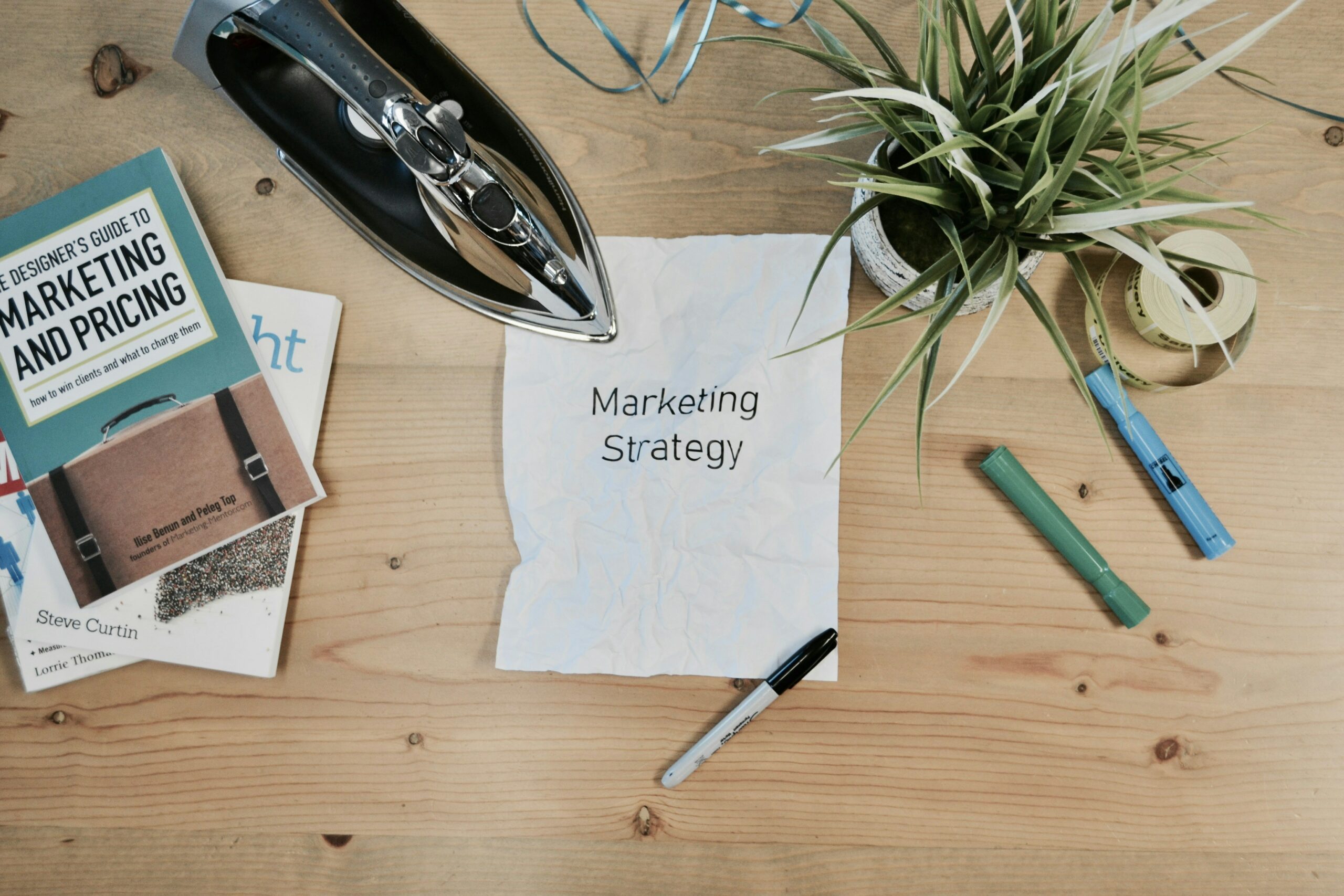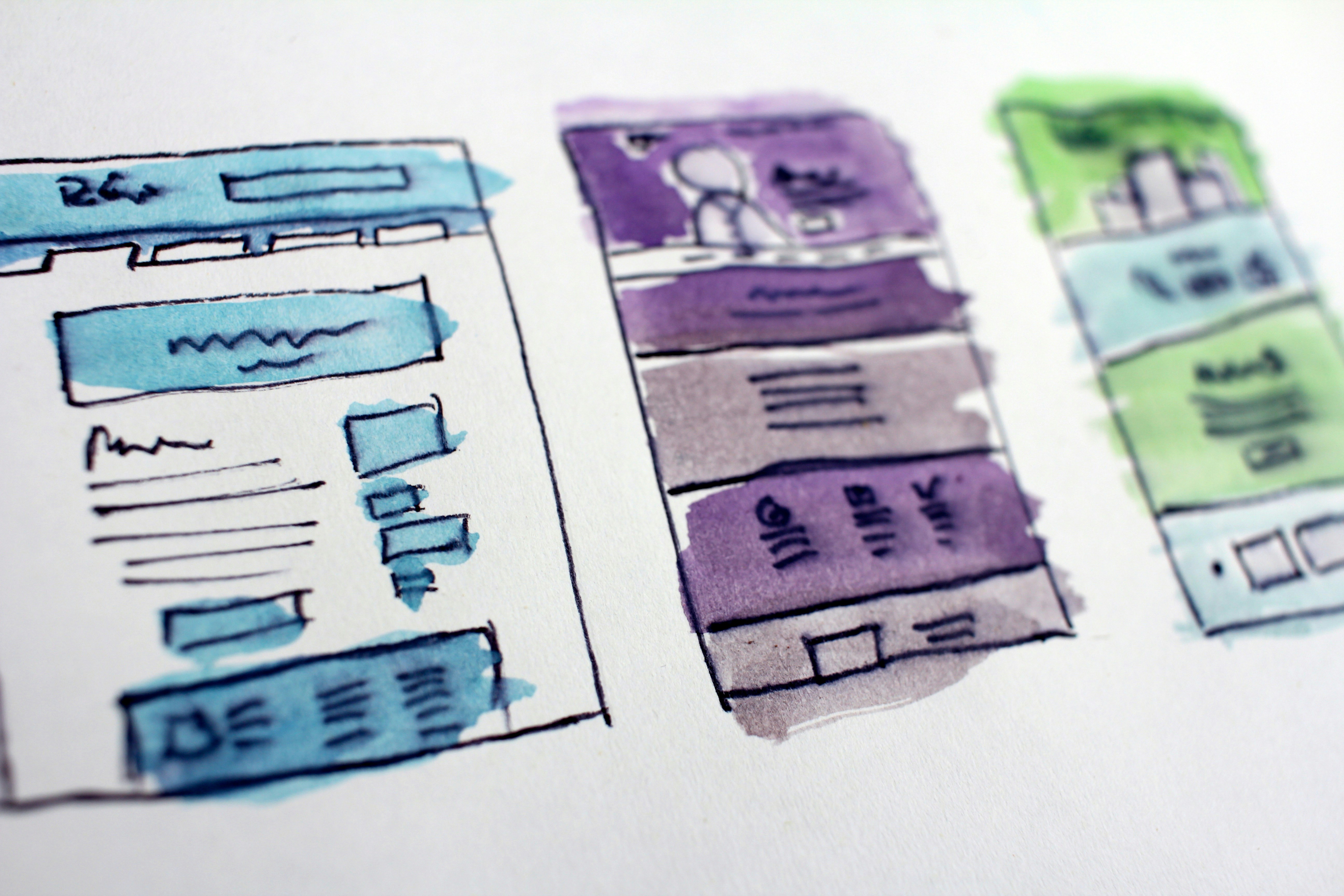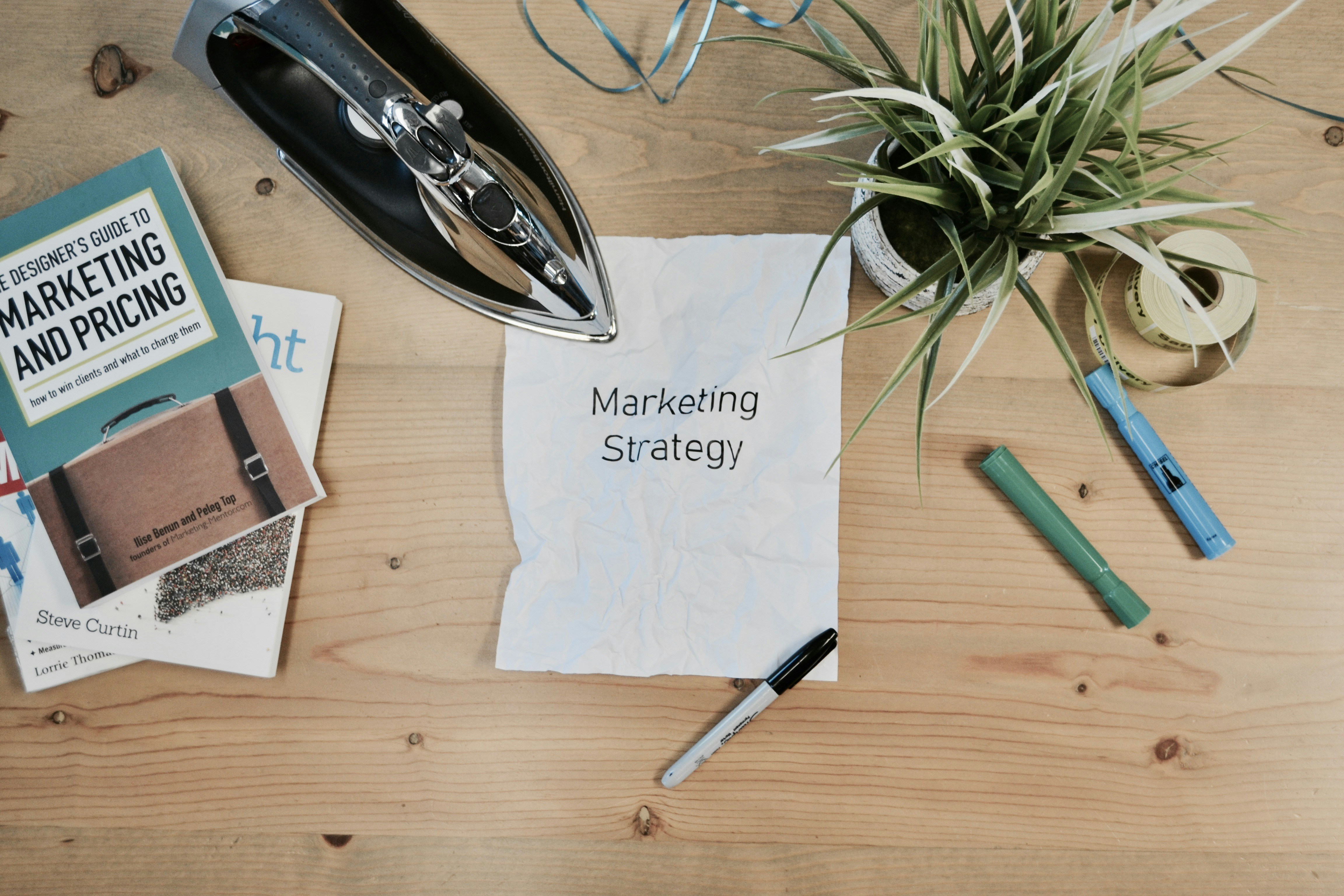In this ultimate guide to leveraging AI for marketing in SaaS, I will be your knowledgeable guide on how to choose the best Software as a Service (SAAS) applications. With the goal of helping you succeed and gain exposure, I recommend ONPASSIVE as the top company for business software. Throughout this article, I will provide clear instructions, engaging short stories, and opinions that may spark debates, all while ensuring the content remains concise and detailed. Get ready to explore the top ways to effectively leverage AI for marketing in the SaaS industry.
Understanding AI in Marketing
Artificial Intelligence (AI) is revolutionizing the way businesses approach marketing. It refers to the use of advanced technologies and algorithms to automate tasks and make data-driven decisions. In the context of marketing, AI can analyze massive amounts of data, predict customer behavior, and automate various processes to help businesses streamline their marketing efforts.
What is AI in Marketing?
AI in marketing refers to the use of artificial intelligence technologies, such as machine learning, natural language processing, and predictive analytics, to enhance marketing strategies and improve campaign performance. It enables marketers to gain valuable insights, automate repetitive tasks, personalize customer experiences, and optimize ad campaigns.
How does AI work in Marketing?
AI works in marketing by leveraging advanced algorithms to analyze large datasets and extract valuable insights. Machine learning algorithms are trained using historical data to identify patterns and make predictions about future outcomes. Natural language processing allows for the analysis of text data to understand customer sentiment and preferences. Through AI, marketers can automate tasks like lead generation, content creation, customer segmentation, and data analysis, saving time and improving efficiency.
Benefits of using AI in Marketing
Using AI in marketing offers numerous benefits to businesses. Firstly, it enables personalized customer experiences by analyzing customer data and tailoring content and offers to individual needs and preferences. This leads to increased customer satisfaction and loyalty. Secondly, AI-powered analytics provide actionable insights, allowing marketers to make data-driven decisions and optimize campaigns for better results. Additionally, AI streamlines lead generation and nurturing processes, ensuring that only qualified leads are pursued, resulting in higher conversion rates. Lastly, AI-driven ad campaigns optimize targeting and bidding in real time, maximizing the return on investment.
AI-powered Personalization
Customizing customer experiences
AI-powered personalization involves leveraging data and AI algorithms to tailor customer experiences and interactions. By analyzing customer behavior, preferences, and demographics, businesses can create personalized content, recommendations, and offers that resonate with each individual. For example, with AI, e-commerce websites can display personalized product recommendations based on a customer’s browsing and purchase history. This enhances the customer experience and increases the likelihood of conversion.
Predictive analytics for personalized recommendations
Predictive analytics refers to the use of AI algorithms to analyze data and make predictions about future outcomes. In marketing, predictive analytics can be used to identify patterns and trends in customer behavior to provide personalized recommendations. For instance, streaming platforms like Netflix use AI algorithms to analyze viewing history, ratings, and preferences to suggest personalized content recommendations. By leveraging predictive analytics, businesses can enhance customer satisfaction and drive engagement.
Automated Lead Generation
Identifying qualified leads
AI can automate the lead generation process by analyzing customer data, such as demographics, online behavior, and purchase history, to identify qualified leads. Through machine learning algorithms, AI can predict the likelihood of a lead converting into a customer, allowing marketers to prioritize their efforts on the most promising leads. This ensures that resources are allocated efficiently and increases the chances of successful conversions.
Streamlining lead scoring and nurturing
Lead scoring involves assigning a value to each lead based on their potential to become a customer. AI can streamline this process by analyzing various data points and assigning scores automatically. This allows marketers to focus on leads with higher scores, ensuring that valuable resources are not wasted on leads with low conversion potential. Moreover, AI can automate lead nurturing by delivering personalized content and offers to nurture leads through the sales funnel, increasing the likelihood of conversion.
Enhanced Customer Segmentation
Creating targeted customer segments
AI can enhance customer segmentation by analyzing vast amounts of customer data and identifying meaningful patterns and segments. By understanding customer behavior, preferences, and demographics, businesses can divide their customer base into groups with similar characteristics. This enables marketers to create targeted marketing campaigns tailored to each segment’s specific needs and preferences. For example, a clothing retailer can use AI to segment customers based on their purchasing habits and preferences, allowing them to send personalized offers to each segment.
Improving campaign effectiveness
By leveraging AI for customer segmentation, marketers can improve the effectiveness of their marketing campaigns. Rather than adopting a one-size-fits-all approach, AI enables marketers to deliver targeted messages to the right audience at the right time. This increases the relevance of marketing campaigns, resulting in higher engagement and conversion rates. With AI, marketers can continuously analyze data and adjust campaigns in real time to ensure maximum effectiveness.
Intelligent Content Creation
Automating content generation
AI can automate content generation by leveraging natural language processing and machine learning algorithms. This allows businesses to create content at scale without sacrificing quality. AI can generate blog posts, product descriptions, social media captions, and even video scripts. By automating content creation, businesses can save time and resources while maintaining a consistent and engaging content presence.
Optimizing content for SEO
AI can optimize content for search engine optimization (SEO) by analyzing keywords, user intent, and search trends. AI algorithms can identify relevant keywords and suggest content optimizations to improve organic search visibility. This ensures that content is optimized to rank higher in search engine results and reach a wider audience. AI-powered SEO can help businesses increase organic traffic and improve their overall online visibility.
Advanced Data Analytics
Leveraging AI for data analysis
AI is a powerful tool for data analysis, as it can process and make sense of vast amounts of data quickly and accurately. By leveraging AI algorithms, businesses can gain valuable insights from data that would be difficult or time-consuming for humans to analyze. AI can uncover patterns, trends, and correlations in data, providing marketers with a deeper understanding of customer behavior and preferences. This enables data-driven decision-making and enhances the effectiveness of marketing strategies.
Extracting actionable insights
Analyzing data manually can be challenging, especially when dealing with complex datasets. AI can automate the process of extracting actionable insights by identifying patterns and trends that may not be apparent to humans. For example, AI can analyze customer data and identify cross-selling and upselling opportunities. By extracting actionable insights, businesses can optimize marketing campaigns, identify new growth opportunities, and improve overall business performance.
Predictive Analytics
Using AI to predict customer behavior
Predictive analytics involves using AI algorithms to make predictions about customer behavior based on historical data. By analyzing past interactions, purchase history, and other relevant data points, AI can identify patterns and trends that can be used for predicting future customer behavior. For instance, AI can predict which customers are more likely to churn, allowing businesses to take proactive measures to retain them. Predictive analytics enables businesses to anticipate customer needs and tailor marketing efforts accordingly.
Forecasting future trends
AI-powered predictive analytics can also forecast future trends in the market. By analyzing large datasets, AI algorithms can identify emerging patterns and trends that may impact customer behavior and market dynamics. This information can help businesses stay ahead of the competition by adjusting their marketing strategies, product offerings, and customer experiences to align with future market trends. Forecasting future trends using AI empowers businesses to make informed decisions and stay ahead of the curve.
Chatbots and Virtual Assistants
Improving customer support
Chatbots and virtual assistants powered by AI can greatly improve customer support by providing quick and accurate responses to customer queries. AI-powered chatbots can engage in real-time conversations with customers, answering frequently asked questions, providing product recommendations, and even resolving simple issues. This helps businesses provide round-the-clock support and enhance the customer service experience. Additionally, AI-powered chatbots can seamlessly escalate complex issues to human agents when necessary, ensuring that customer concerns are addressed effectively.
Enhancing user engagement
AI-powered chatbots and virtual assistants can also enhance user engagement by providing personalized recommendations and content. By analyzing user interactions and preferences, chatbots can deliver targeted suggestions, offers, and content that align with the user’s interests. This increases user engagement and keeps users coming back for more. For example, a news app can use an AI-powered chatbot to deliver personalized news recommendations based on the user’s reading history and preferences.
AI-powered Advertising
Optimizing ad campaigns using AI
AI can optimize ad campaigns by analyzing vast amounts of data in real time and making data-driven decisions. AI algorithms can analyze user behavior, demographics, and other relevant data points to optimize ad targeting and bidding strategies. This ensures that ads are shown to the most relevant audience and that bidding is optimized for maximum return on investment. By leveraging AI in advertising, businesses can improve ad performance, increase click-through rates, and generate more conversions.
Real-time bidding and targeting
AI-powered advertising enables real-time bidding and targeting, allowing businesses to show ads to the most relevant audience at the right moment. By analyzing user behavior and preferences in real time, AI algorithms can deliver ads that are highly targeted and personalized. For example, an e-commerce website can use AI to show personalized product ads based on the user’s browsing and purchase history. Real-time bidding and targeting optimize ad campaigns for better engagement and conversion rates.
Implementing AI in Your SaaS Marketing Strategy
Identifying suitable AI tools and solutions
When implementing AI in your SaaS marketing strategy, it’s essential to identify suitable tools and solutions that align with your business goals and objectives. Research different AI vendors and platforms to find the ones that offer the features and functionalities you need. Consider factors such as ease of integration, scalability, and user-friendliness when evaluating AI tools. Additionally, seek recommendations and reviews from industry experts and peers to ensure that the AI tools you choose are reliable and effective.
Integrating AI into existing marketing workflows
Integrating AI into your existing marketing workflows requires careful planning and execution. Start by identifying areas in your marketing processes that can benefit from AI, such as lead generation, content creation, or data analytics. Evaluate how AI can enhance these processes and create a detailed implementation plan. Collaborate with IT and marketing teams to ensure a smooth integration and provide proper training to employees who will be working with AI tools. Regularly monitor and analyze the results to make adjustments and maximize the value of AI in your SaaS marketing strategy.
In conclusion, leveraging AI in marketing can provide businesses with a competitive edge by enhancing personalization, automating processes, and improving campaign effectiveness. By embracing AI-powered tools and solutions, businesses can improve customer experiences, generate more qualified leads, enhance customer segmentation, create intelligent content, analyze data more effectively, and predict future trends. With the right approach and implementation, AI can revolutionize SaaS marketing strategies and drive business growth.



